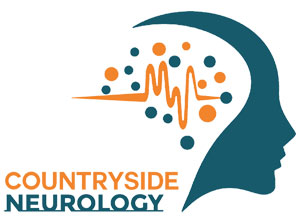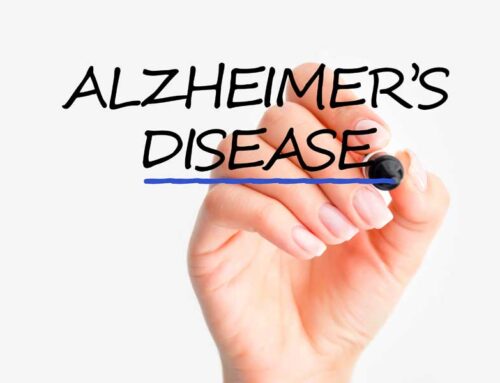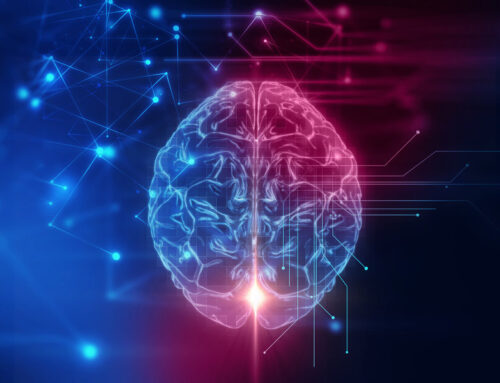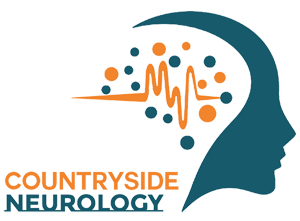Alzheimer’s disease and other forms of dementia can present significant challenges for both patients and their families. At Countryside Neurology, our team of experts is dedicated to providing compassionate memory care and support to individuals living with Alzheimer’s and dementia, as well as their loved ones. Let’s explore the early signs of these conditions, therapeutic approaches to managing symptoms, and the importance of family support in the journey ahead.
Recognizing Early Signs
Recognizing the early signs of Alzheimer’s disease and dementia is crucial for early intervention and effective management. Common early signs may include:
- Memory Loss: Forgetfulness that disrupts daily life, such as forgetting important dates or events, repeatedly asking for the same information, or relying on memory aids.
- Difficulty with Problem-Solving: Challenges with problem-solving, planning, and completing familiar tasks, such as following a recipe or managing finances.
- Confusion with Time or Place: Losing track of dates, seasons, or the passage of time, as well as difficulty understanding spatial relationships or navigating familiar places.
- Changes in Mood or Personality: Mood swings, irritability, agitation, or withdrawal from social activities may indicate cognitive decline.
- Difficulty with Language: Difficulty finding the right words, following conversations, or expressing thoughts coherently may be early signs of dementia.
Therapeutic Approaches
While there is currently no cure for Alzheimer’s disease or dementia, therapeutic approaches can help manage symptoms and improve quality of life. Treatment strategies may include:
- Medications: Certain medications may help alleviate cognitive symptoms and slow the progression of the disease, although they cannot reverse its effects.
- Cognitive Stimulation: Engaging in mentally stimulating activities, such as puzzles, games, and memory exercises, can help maintain cognitive function and delay cognitive decline.
- Behavioral Therapy: Behavioral therapy techniques can help manage challenging behaviors associated with Alzheimer’s and dementia, such as aggression, agitation, or wandering.
- Lifestyle Modifications: Adopting a healthy lifestyle, including regular exercise, a balanced diet, adequate sleep, and social engagement, can support overall brain health and cognitive function.
- Supportive Care: Providing a safe and supportive environment, with assistance as needed for daily activities, can help individuals with Alzheimer’s and dementia maintain their independence and dignity for as long as possible.
Family Support
Family support plays a crucial role in the care and well-being of individuals with Alzheimer’s and dementia. Caregivers often face significant emotional, physical, and financial challenges, and it’s essential to prioritize their well-being as well. Seeking support from family, friends, support groups, and professional caregivers can help alleviate caregiver burden and ensure that both patients and caregivers receive the care and support they need.
If you have concerns about memory loss or Alzheimer’s disease, don’t hesitate to reach out to Countryside Neurology at 727-712-1567 to schedule a consultation with our specialists. Our team is here to provide compassionate memory care and support tailored to your unique needs. Let us be your partner in navigating the journey of Alzheimer’s and dementia with compassion and expertise.





